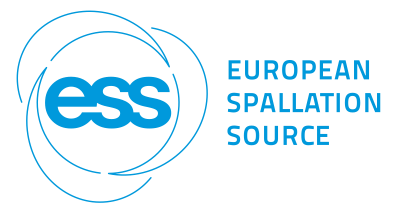The 7th Annual Meeting of ORSO
→
Europe/Paris
Zoom
Zoom
Description
The seventh annual meeting of the Open Reflectometry Standards Organisation.
The purpose of the meeting is for ORSO administration and to discuss topics of interest to the ORSO community. This year the meeting will take place online and registration is required here.
The program will consist of some scientific and technical talks together with break-out discussions led by chairs of each of the working groups.
There will also be an AGM for ORSO to discuss administrative issues and elect new chairs for the working groups.
Further details on the proposed agenda can be found here.
In advance of the meeting please complete the ORSO Survey
